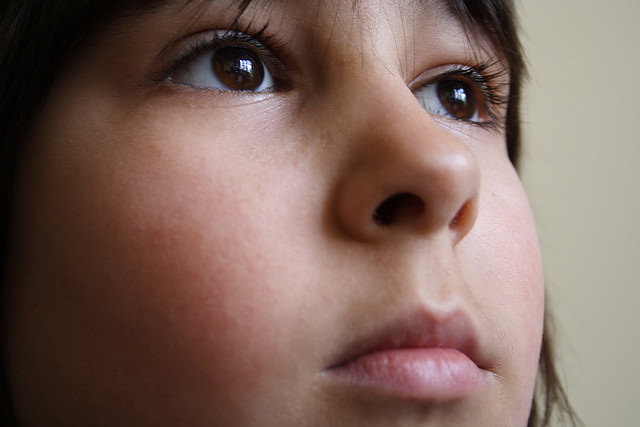Tag Archives: celebrate neurodiversity

Celebrating Neurodiversity: Embracing people for what they are
The term “neurodiversity” was first pioneered in the late 1990’s by two forward-thinking individuals: journalist Harvey Blume and autism advocate Judy Singer. Blume and Singer both believed that the ‘Neurologically Different’ deserve their own political category, standing alongside the familiar ones of class, gender, and race and working to augment the rights and redefine common perceptions of the neurodiverse.
It was Blume and Singer’s wish to see the neurodiverse perceived in light of their strengths as well as their weaknesses. They noted, for example, that those with dyslexia often show above-average visual thinking abilities and entrepreneurial knack. Those with ADHD have a penchant for creative problem solving on the fly. They are typically very imaginative and excel in holistic problem processing that is based on imagination rather than working memory. People on the autism spectrum often show an unusual affinity for mathematics and computer programming. Those who struggle with mental illness, though their challenges may be many, often come up with unique and insightful ways to cope, and frequently exhibit heightened creativity.
Those who believe in the concept of neurodiversity do not advocate ignoring the many problems and hardships faced by those with aforementioned conditions, but rather that we should not frame these conditions in the negative alone. Instead, individuals who are neuroatypical ought to be respected, celebrated, and honored for their unique skills and achievements. It should be more understood by the public at large that those who fall under the umbrella of neurodiversity are every bit as capable of achieving great things as those who are not.
The Seven Key Points of Neurodiversity:
When attempting to understand what neurodiversity is and how those with it can best adapt and thrive while remaining true to their authentic selves, it’s wise to keep the following seven points in mind:
- The Human Brain Functions Like an Ecosystem more so than like a Machine. How many times have you heard the brain likened to a computer? This is, as it turns out, too simplified a view. The brain functions more like the internet, or one of the many biological ecosystems we can observe in the natural world around us. It is a complex network of interrelated systems, all working together.
- Human Brains Exist Along Spectrums of Ability. Disability categories are not discreet entities, not boxes that entirely separate people off from the mainstream of cognitive ability. Dyslexia, for example, has been shown to be part of a spectrum that includes normal reading ability.Many people on the autism spectrum may behave and function in a way that is outwardly “normal”. Cognitive abilities like literacy, sociability, attention, and learning, all exist on spectrums, and we as people are more connected in this than we realize. There is no hard line between the cognitively “normal” and the disabled. Instead, there are many shades of grey, many different mental landscapes.
